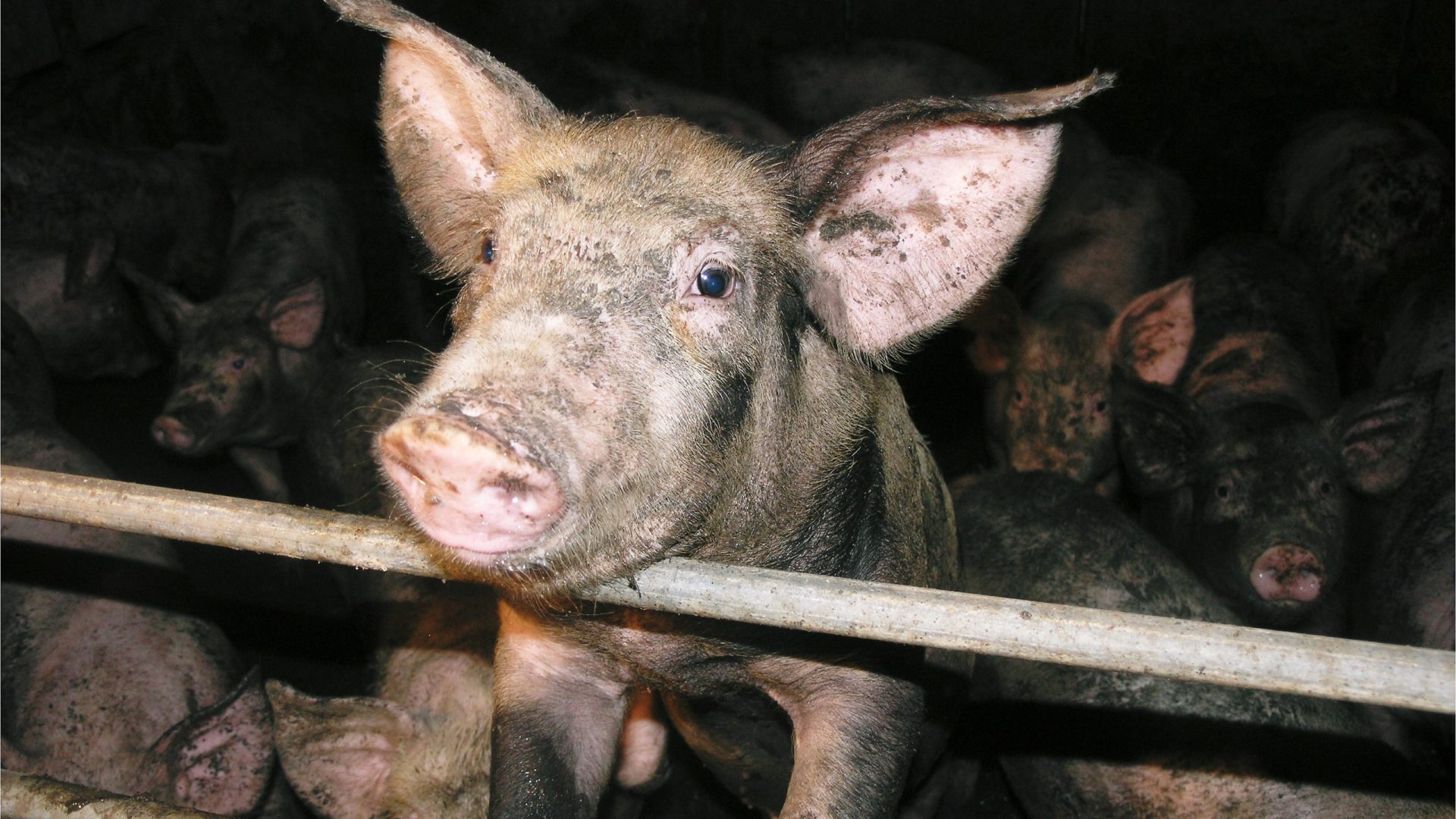Imagine a world where a common infection could once-again kill? Or where routine treatments like caesarean births, heart bypass surgery and hip replacements are considered too dangerous to perform because there are no drugs able to treat infections? Alarmingly, scientists and health professionals warn this is fast becoming a reality.
In fact, it’s estimated that 1.3 million people are dying globally each year from antibiotic-resistant bacterial (AMR) infections. Put simply, some of the antibiotics which are critical in modern medicine, are no longer working, and the list of ineffective drugs is growing.
The World Health Organisation warns that antibiotic resistance is one of the greatest threats to public health globally. And that a growing list of infections – such as pneumonia, tuberculosis, blood poisoning, gonorrhoea, and foodborne diseases – are becoming harder, and sometimes impossible, to treat as antibiotics become less effective.
So, how did this happen? Put simply, the world has been flooded with antibiotics usage and now – more and more – bacteria are mutating and becoming immune to them. While some emphasis on accountability has rightly been placed on the over-prescription and use of antibiotics for humans, the other main culprit – animal agriculture – has escaped scrutiny.
In Australia, 60% of antibiotics are used in farming animals.[1]
And not only to treat individual sick animals but the risk of disease in industrial farming means antibiotics may be added to the food and water supply. So, entire sheds of animals may be dosed with antibiotics — whether they are sick or not. This is known in the industry as “prophylactic’ use.
And it’s a practice that puts everyone at risk, not just people who choose to eat meat, as these drug-resistant bacteria mutate and can spread throughout our society.













